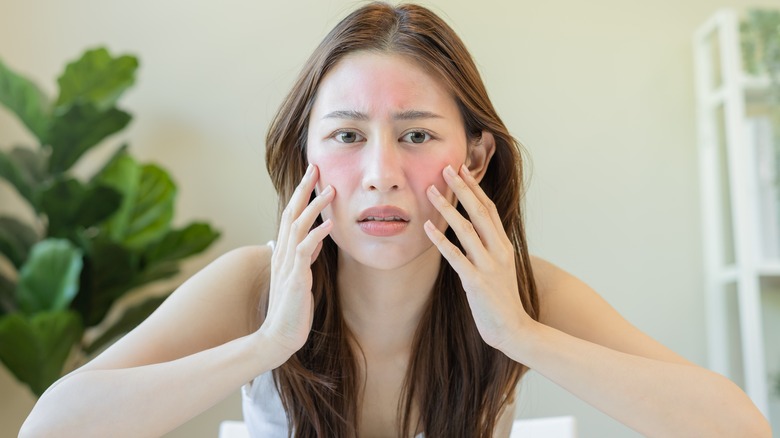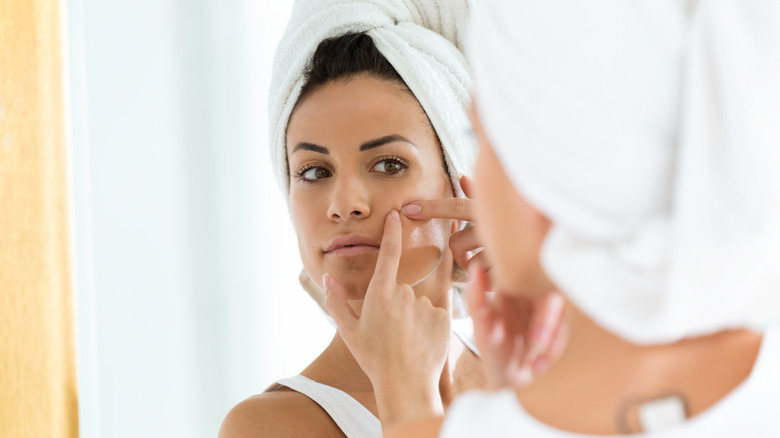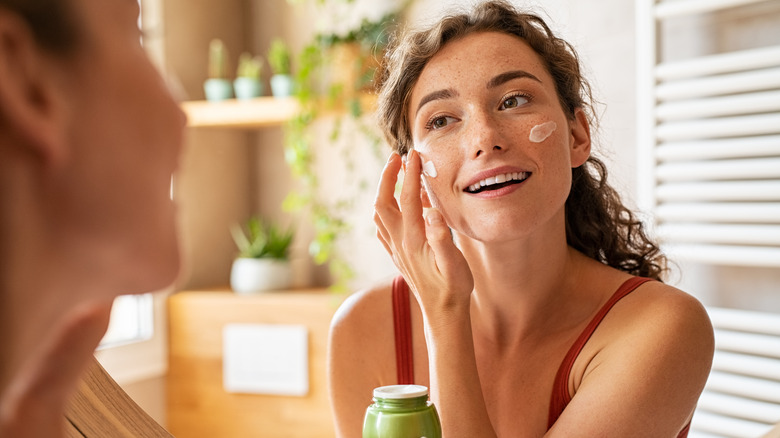Does Retinol Actually Help Treat Acne?
Retinol has been long lauded as the absolute holy grail skincare ingredient. When it comes to treating acne and promises of having a smooth skin, retinol is massively credited for its impressive results. Ironically, retinol has a reputation of bringing out the worst in one's skin as a result of skin purging, which is known as the retinol uglies.
Retinol is a low-grade vitamin A-derived ingredient that can be found in a lot of products available over the counter. It is known to address many skin issues, including hyperpigmentation, sun damage, aging, and acne through a topical application. It works its wonders by increasing the production of collagen that supports hydration and skin elasticity.
This process results in improvement in the skin's texture, with reduced fine lines and increased brightness. Due to this, experts suggest incorporating retinol ingredients into a skincare routine as early as mid-20s by using a retinol product once a week, then gradually increasing usage depending on the skin's reaction.
Retinol has been used to treat acne for decades
Retinol has been used to treat acne since 1971. Retinol does its work by speeding up the production of new skin cells, which helps the skin look healthier. Although retinol is widely credited as an anti-aging product for treating fine lines and wrinkles, it is also a powerful tool in treating acne.
Harvard-trained dermatologist Dr. Michelle Henry told Glamour UK, "Retinol treats acne scarring in the same way it treats fine lines and wrinkles. An acne scar is a divot in your skin, the same as a wrinkle, so retinol plumps the area with collagen, the same way it would plump fine lines."
Clogged pores are usually the culprits behind the blackheads, whiteheads and pimples that develop on your skin. Retinol works by preventing the pores from being clogged. Dr. Henry further added, "Retinol can help declog pores, so it can prevent as well as treat acne."
How to properly use retinol
When using retinol, balance is important. While introducing the product to your skin, it's safe to start off using over the counter products with .01% to 0.03% retinol concentration. Start slowly by applying the product two times a week, with just a pea-sized amount for the whole face. It is not recommended to use retinol everyday, especially when you're still introducing it to your skin. It's better to be careful with your usage, as New York City dermatologist Whitney Bowe, MD, told Vogue. "Retinol can be very irritating if used too frequently or if the formulation is too strong for your skin," she said, recommending instead to start by using it twice a week and "slowly increasing the usage to give the skin a chance to acclimate."
While it is recommended to exfoliate two to three times a week, it is best to skip exfoliation on the day you're intending to apply retinol to your skin. This will do more harm than good to your skin, Dr. Bowe added, "Exfoliating is abrasive and irritating, and you do not want to compound the skin irritation by heightening your skin's sensitivity." The skin expert further recommends skipping retinol if you're planning to have treatments such as lasers, microneedling, and microdermabrasion.
It is also important to note that using retinol will increase your skin's sensitivity to the sunlight, so it is highly advised to avoid direct sunlight exposure and make sure to apply sunscreen during the day.


